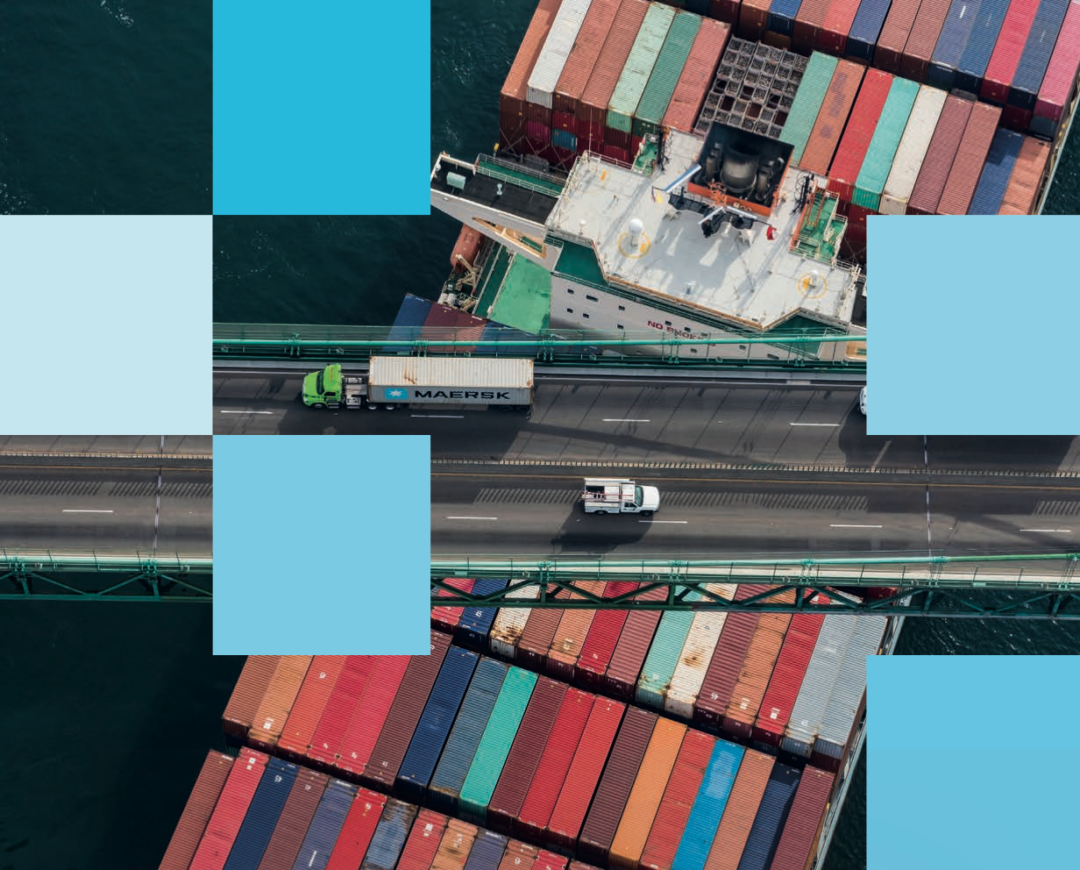Ports of LA and Long Beach partner with Singapore to create “green and digital shipping corridor”
Plan launched at COP28 climate conference to decarbonize the shipping industry

The Port of Los Angeles and Port of Long Beach today announced they will partner with the Maritime and Port Authority of Singapore (MPA) to create “a green and digital shipping corridor across the Pacific Ocean.”
Launched at the 28th United Nations Climate Change Conference (COP28), the goal of the plan is to drive global action to digitalize and decarbonize the shipping industry and improve efficiencies, the partners said.
“Over the last two decades, we've learned that collaboration between maritime industry partners is the key to making meaningful progress in reducing emissions and cleaning the air,” Port of Long Beach CEO Mario Cordero said in a release. “This trans-Pacific green shipping corridor takes this concept global. The strategies we develop here can be used as a roadmap by a larger network of seaports and supply chain companies to invest in programs, technologies, software and infrastructure to decarbonize international trade everywhere.”
The strategy released Wednesday outlines steps to accelerate decarbonization of the maritime shipping industry by enabling first mover organizations to achieve net-zero greenhouse gas emissions by the earliest feasible date, in support of the goals defined by the 2023 International Maritime Organization (IMO)’s Strategy on Reduction of GHG Emissions from Ships.
To get there, the three ports will collaborate with value-chain stakeholders from the fuel and maritime sectors, as well as C40 Cities, a group of 96 cities around the world that are united in action to confront the climate crisis, and represent one twelfth of the world's population and one quarter of the global economy.
To achieve these aims, a partnership structure and governance mechanism have been developed to provide clarity on the roles and responsibilities of corridor partners. The strategy also outlines processes for onboarding new participants, financial management, confidentiality, and decision-making.
As next steps, the ports and C40 have commissioned a study to analyze trade flows and vessel traffic between Singapore, Los Angeles and Long Beach. The study will estimate the quantity of near-zero and zero-emission fuels required for this traffic, and guide implementation by identifying opportunities for collaboration to advance the development of the corridor. The founding partners will now engage stakeholders from across the shipping and fuel supply value chains that share the partnership’s vision and aims, with the intention of onboarding new corridor participants in 2024.
Related Articles
Copyright ©2024. All Rights ReservedDesign, CMS, Hosting & Web Development :: ePublishing